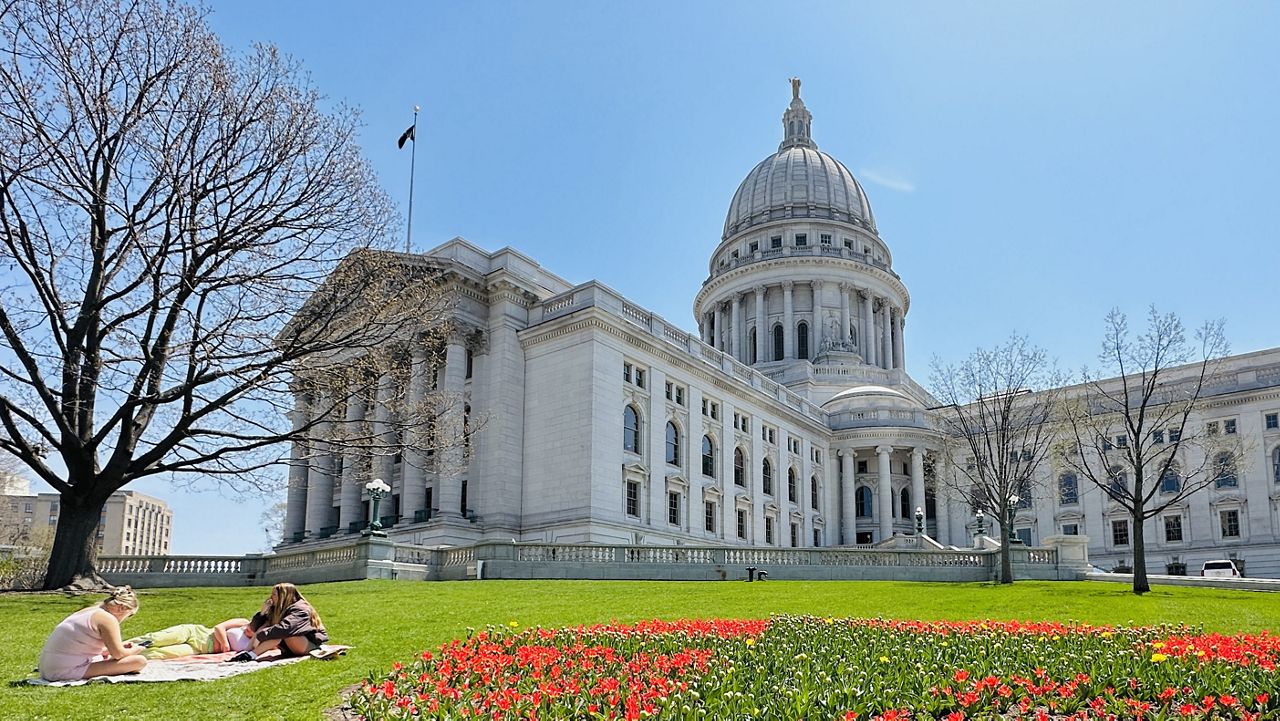MADISON, Wis. (AP) — Universities of Wisconsin officials would be prohibited from considering race and diversity when awarding state-funded financial aid under a Republican-backed bill debated Thursday at a state Assembly committee hearing.
The bill would require the state Higher Educational Aids Board, which manages financial aid programs, and officials at UW system schools and technical colleges to only weigh financial need and not factors including race, ethnicity, nationality, gender, sexual orientation or religion when awarding grants and loans or creating enrollment and retention plans.
The proposal comes months after the U.S. Supreme Court ruled that universities cannot consider race in the admissions process. That decision did not reference or apply to financial aid, but some lawmakers have still used it to justify scaling back race-based financial aid.
"This is proactive and forward-thinking," said Republican Rep. Nik Rettinger, the bill's sponsor. “You don’t want to leave things in limbo to be potentially decided in litigation later.”
Republicans in at least a dozen states have introduced legislation this year targeting diversity, equity and inclusion programs in higher education. In Wisconsin, GOP lawmakers slashed the university system's budget by $32 million in June and have withheld pay raises for UW employees until school officials agree to cut spending on so-called DEI efforts by that amount.
Democratic Gov. Tony Evers is almost certain to veto the bill and other education proposals the committee considered on Thursday if they are passed by the Republican-controlled Legislature.
"Republicans should end their decade-long war on higher education and get busy releasing salary increases for tens of thousands of UW employees," Evers spokesperson Britt Cudaback said in a statement.
The Assembly universities committee also debated bills that would withhold state grants from schools that repeatedly violate free speech rights on campus, and prohibit public universities and high schools from censoring opinions in student media or punishing student reporters and school media advisors for their editorial decisions.
GOP lawmakers have long accused colleges of suppressing conservative viewpoints. Republicans who control the universities committee highlighted those concerns earlier this year in a hearing on free speech where only invited speakers were allowed to testify.



